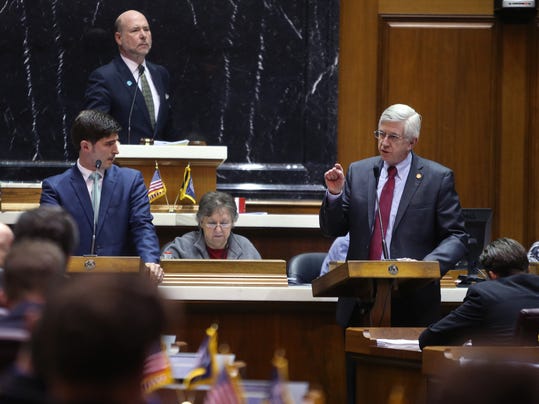The Fraternity & Sorority Political Action Committee, “FratPAC,'' and other Greek Life groups are trying to persuade Congress to make colleges unable to suspend fraternities on campuses because of sexual assault incidents. They plan on bringing students to capitol hill on April 29th, in order to push their agenda, which aims at making it harder for sexual assault investigations to take place. FratPAC has also lobbied for Congress to repeal anti-hazing legislation.
Activists claim that fraternities are negative environments that allow for assaults to be commonplace. However, not everybody feels this way. Harvard and University of Pennsylvania claim that the trials for the assault suspects are too harsh against the accused. “University disciplinary boards can take action, including suspensions or expulsions, far more quickly than courts and, unlike criminal proceedings, don't require a finding ‘beyond a reasonable doubt.’ To sanction a student, allegations must be found more likely than not to be true.”
Many are also appalled by FratPac’s agenda. They claim that if assaulters had to go through the judicial courts it would take too much time. "The criminal justice system has been a virtual failure in its ability to address sexual assault,' said Kevin Kruger, president of Student Affairs Administrators in Higher Education, who is against the FratPac agenda.
This brings together the growing number of fraternity assault cases that are in the news all too regularly. Do you think that Congress should pass laws for less regulation for sexual assaults? Should the sexual assault suspects be given a different form of trial? Would something like this even pass Congress?
Activists claim that fraternities are negative environments that allow for assaults to be commonplace. However, not everybody feels this way. Harvard and University of Pennsylvania claim that the trials for the assault suspects are too harsh against the accused. “University disciplinary boards can take action, including suspensions or expulsions, far more quickly than courts and, unlike criminal proceedings, don't require a finding ‘beyond a reasonable doubt.’ To sanction a student, allegations must be found more likely than not to be true.”
Many are also appalled by FratPac’s agenda. They claim that if assaulters had to go through the judicial courts it would take too much time. "The criminal justice system has been a virtual failure in its ability to address sexual assault,' said Kevin Kruger, president of Student Affairs Administrators in Higher Education, who is against the FratPac agenda.
This brings together the growing number of fraternity assault cases that are in the news all too regularly. Do you think that Congress should pass laws for less regulation for sexual assaults? Should the sexual assault suspects be given a different form of trial? Would something like this even pass Congress?











